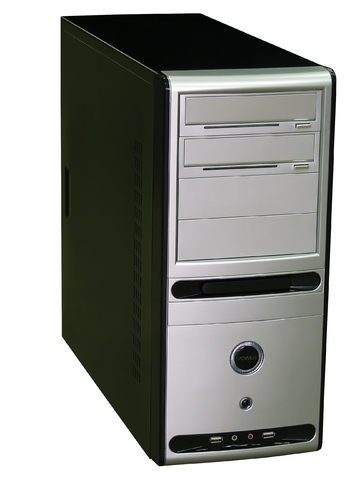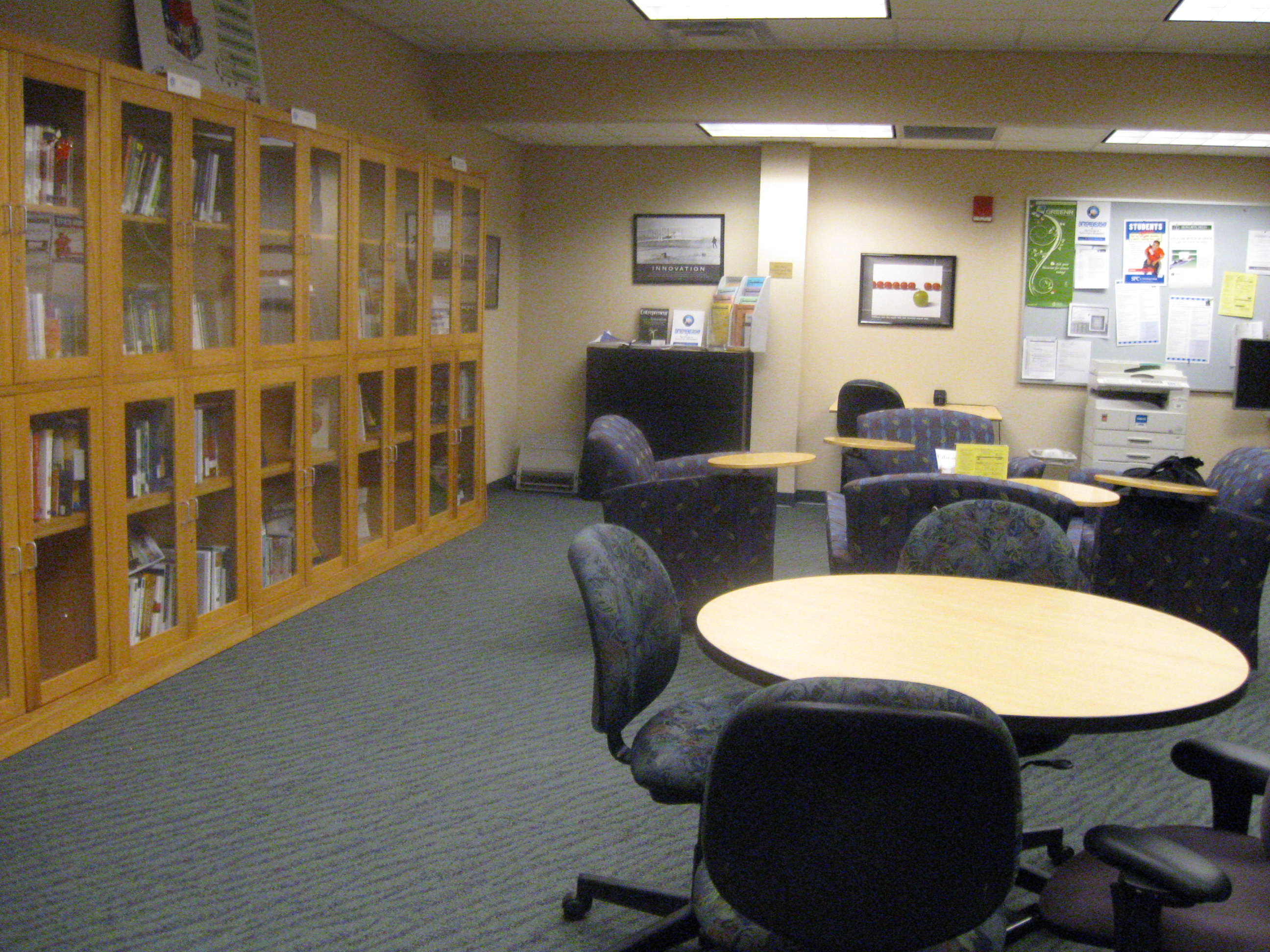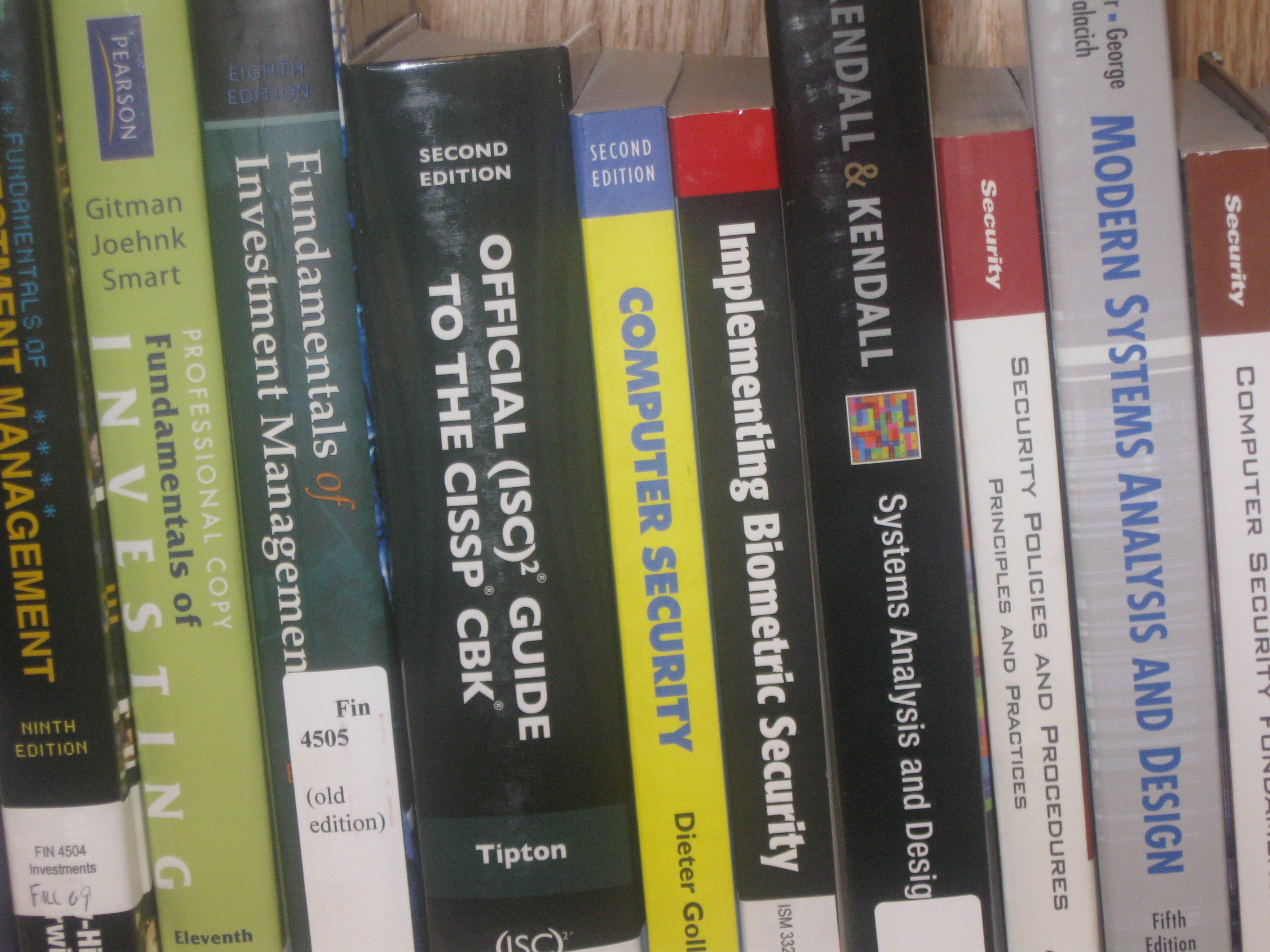Sandra Beck is no stranger to St. Petersburg College. Prior to graduating from Northeast High School in St. Petersburg, Florida, Beck was dual-enrolled as an SPC student. Sometime later, she received an AS Degree in Business Administration/Management at SPC and went on to graduate from Eckerd College with a Bachelor’s Degree in Management. Thereafter, she received her Master’s Degree in Management Information Systems from the Florida Institute of Technology (FIT).
Beck said the primary reason she went into teaching was for “the opportunity to give back and help others.” Since she became an adjunct instructor for SPC in 2010, she has been teaching CGS 1100 Computer Applications for the College of Computer & Information Technology (CCIT), in face-to-face, blended and online formats. As she transitions from a part-time adjunct instructor to a full-time faculty member, Beck said that “there would be more time to spend on campus to have greater interaction with faculty and students.”
Apart from teaching, Beck has been involved with several organizations throughout the Tampa Bay area such as the Tampa Bay Technology Forum (TBTF) which keeps her in the loop about new technology, as well as Infragard, which is associated with Cyber security and sponsored by the FBI.
She has also been nominated for many awards, one being an Excellence in Leadership award from the Intelligent Transportation Society (ITS) Florida in 2009.
Commenting on her career, Beck said, “I am excited when students achieve their goals. My experience from the business world helps me to use what I’ve learned to enhance the learning experience.”








